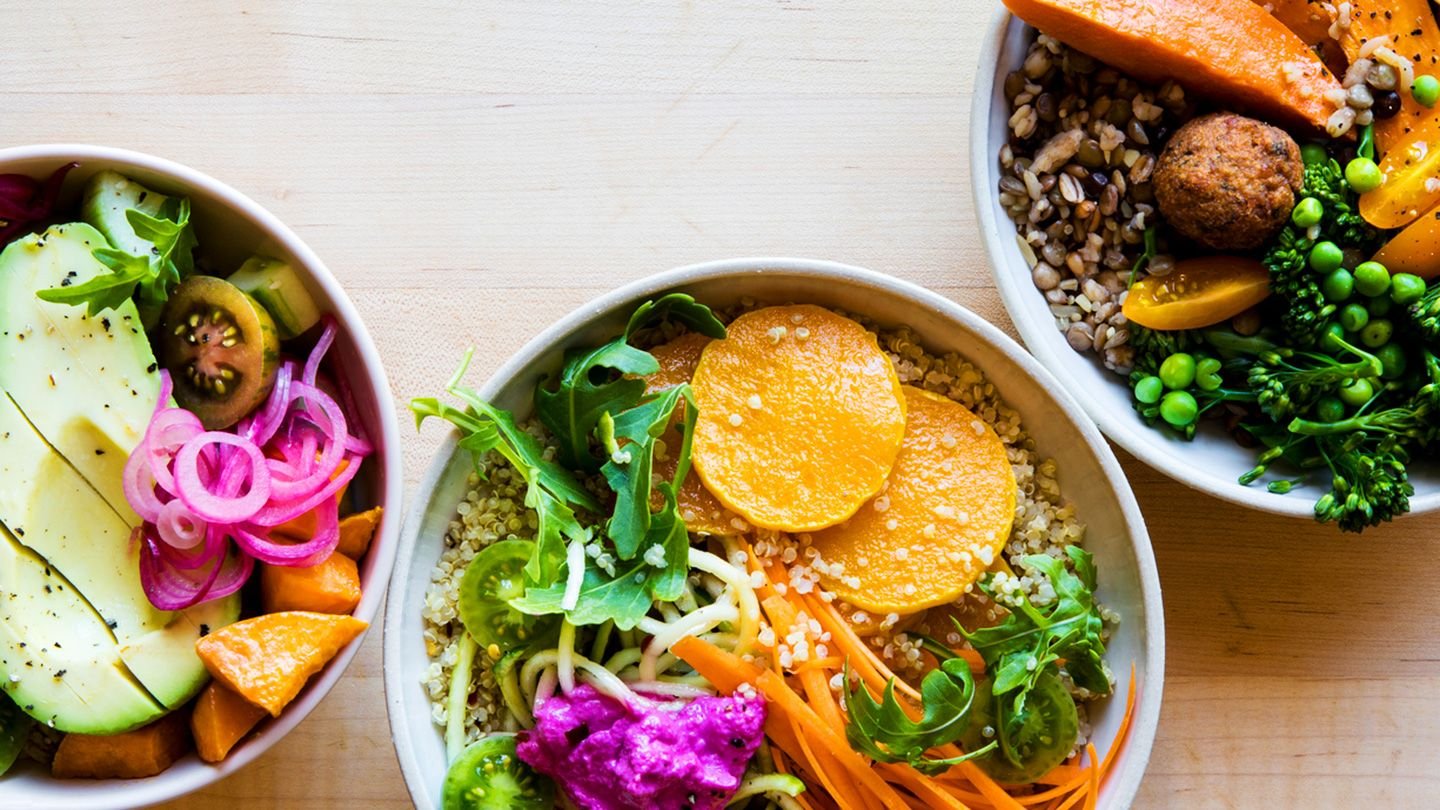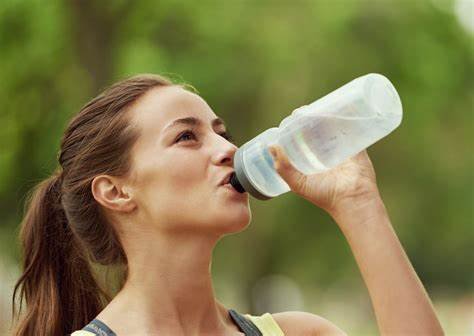Introduction: The Essential Role of Hydration
Hydration is a fundamental aspect of maintaining overall health and well-being. Water makes up a significant portion of our bodies and is crucial for various bodily functions, including digestion, circulation, and temperature regulation. Despite its importance, many people overlook hydration in their daily routines. This article explores the significance of hydration, its impact on healthy eating, and offers practical tips to ensure you stay adequately hydrated.
The Importance of Hydration
1. Supports Digestion
Proper hydration is vital for effective digestion. Water helps break down food, allowing nutrients to be absorbed efficiently. Insufficient fluid intake can lead to constipation and digestive discomfort. Drinking enough water aids in maintaining regular bowel movements and promotes overall gut health.
2. Enhances Nutrient Absorption
Hydration plays a critical role in nutrient absorption. Water transports vitamins and minerals to cells, ensuring that your body receives the essential nutrients it needs from the food you consume. Staying hydrated helps maximize the benefits of a balanced diet.
3. Regulates Appetite
Hydration can influence your appetite and food intake. Sometimes, thirst is mistaken for hunger, leading to unnecessary snacking. Drinking water before meals can help control hunger and prevent overeating, making it easier to maintain a healthy weight.
4. Boosts Energy Levels
Dehydration can lead to fatigue and decreased energy levels. Adequate hydration supports optimal bodily functions, keeping you energized throughout the day. This is particularly important if you lead an active lifestyle or engage in regular exercise.
Practical Tips for Staying Hydrated
1. Drink Water Regularly
Make it a habit to drink water throughout the day. Keep a reusable water bottle with you to encourage regular sips, especially during meals and snacks. Aim for at least eight 8-ounce glasses of water daily, adjusting based on activity level and climate.
2. Incorporate Hydrating Foods
Incorporate fruits and vegetables with high water content into your diet. Foods like cucumbers, watermelon, oranges, and strawberries contribute to your overall hydration. These foods not only hydrate but also provide essential vitamins and minerals.

3. Set Reminders
Use your phone or other devices to set reminders to drink water. Scheduling regular hydration breaks can help establish a consistent routine. Consider using apps that track your water intake to stay accountable.
4. Flavor Your Water
If plain water doesn’t appeal to you, try adding natural flavors. Infuse your water with slices of citrus fruits, berries, or herbs like mint. This adds a refreshing taste and encourages you to drink more.
5. Monitor Your Urine Color
A simple way to assess your hydration level is by checking the color of your urine. Pale yellow urine indicates proper hydration, while darker urine suggests the need for more fluids. This can be a quick and easy method to ensure you are staying adequately hydrated.
Conclusion: Prioritizing Hydration for Healthy Eating
Hydration is a crucial element of a healthy eating plan. By understanding its importance and implementing simple strategies to stay hydrated, you can enhance digestion, boost energy levels, and improve nutrient absorption. Make hydration a priority in your daily routine, and enjoy the benefits of better health and well-being. Remember, every sip counts towards a healthier you, so embrace the power of hydration in your journey toward balanced eating.




